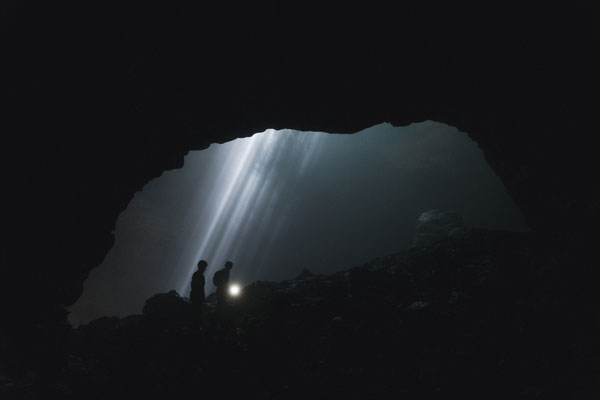 A parent once compared caring for her severely depressed teen as “going into one of those underground caves. I had no idea how far down we are.” The situation she was referring to was exhausting, confusing, and frightening for all involved. The cave metaphor was incredibly apt.
A parent once compared caring for her severely depressed teen as “going into one of those underground caves. I had no idea how far down we are.” The situation she was referring to was exhausting, confusing, and frightening for all involved. The cave metaphor was incredibly apt.
For many depressed teens and their caregivers, Attachment Based Family Therapy (ABFT) has been the way out; a large body of empirical evidence supports ABFT as successful treatment for reducing depression and suicide in teens. ABTF has better outcomes for reducing depression against a control group (those without therapy) and other forms of therapy. As a therapeutic model, ABFT was recognized by the RAND Corporation as a “proven treatment” as part of their Promising Practices Network in 2014
ABTF works by moving a teen and their parents/caregivers through sequential tasks. Each one creates opportunities for encouragement, building trust, and securing the bonds that matter the most in life. As Dr. Guy Diamond PhD put it “…love and trust are the leading edge of this therapy.” Since I first heard him and his cohort of graduate students speak about it in 2018, it has been my preferred method of therapy in private practice.
Although I was involved with the depressed teen mentioned above, the parent was far deeper in the metaphorical cave. She needed help helping him. Evidence for efficacy aside, ABTF outshines other forms of therapy because it facilitates change with an individual along with the support system caring for him or her.
If you are interested in learning more about Attachment Based Family Therapy or if I would be a good fit for you as a therapist, use this link to set up a free 15 minute consultation.